
GCP is a time-bound 10-year Programme created by the Consultative Group on International Agricultural Research (CGIAR) in 2003. GCP's mission is to use genetic diversity and advanced plant science to improve crops by adding value to breeding for drought-prone and harsh environments... |
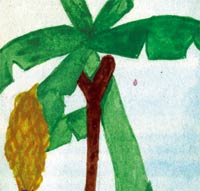
A future where plant breeders have the tools to breed crops in marginal environments with greater efficiency and accuracy for the benefit of the resource-poor farmers and their families... |
|
|
Pinpoint GCP's partners on our interactive map... Read more... |
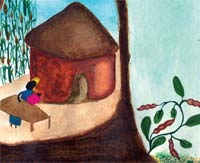
GCP's research is organised by Research Initiatives and research Themes (both undergirded by a service component to support plant breeding)... |
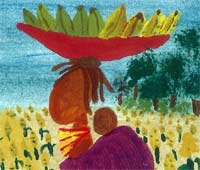
Several service platforms support GCP's work. The largest one is the Integrated Breeding Platform (IBP). Other platforms are on crop information, capacity-building and product delivery. Read more... |

GCP's work has been underpinned by various strategies from its foundation to the present based on the evolution of the Programme. These includes strategies for sharpening the Programme's research focus, and also for arriving at an organised closure when the Programme winds up in 2014... |
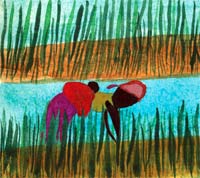
Existing policies cover intellectual property, global access, subsistence use, data availability, publications and transgenics... |
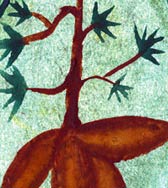
Collaboration and community are at the core of our work. Operating as a virtual global research network, GCP enters into formal agreements and signs memoranda of understanding (MoUs) with other organisations on matters of mutual interest to achieve its mission... |

All GCP-funded projects are required to adhere to clear guidelines to ensure broad public access of research products, and to a regular annual reporting schedule. While GCP's approach is to keep reporting responsibilities to a minimum, we do however expect comprehensive, timely reports from our grant recipients according to the prescribed schedule, which is also stipulated in the project contracts.... |

Appointed by the Consortium Committee, the Executive Board is GCP's apex governance body... |

The Principal Investigator (PI) is the project leader and is accountable for the successful initiation, management and delivery of the products and outcomes as indicated in the project proposal. A PI's main role includes undertaking project leadership and management, project planning and risk management, project reporting, and ensuring quality of data and research... |

The Product Delivery Coordinators (PDCs) report to the Product Delivery Leader (PDL) on the projects of the six crop-based Research Initiatives (RIs). A PDC's main role is to monitor projects through frequent contact with Principal Investigators (PIs) and on-site visits... |

The people behind GCP comprise the Management Team, staff, Product Delivery Coordinators and the Principal Investigators leading the implementation of GCP projects. Read more... |

GCP's annual budget is approximately USD 15 million, contributed by various funders... |

GCP has undergone several externally and internally commissioned reviews on various aspects... |
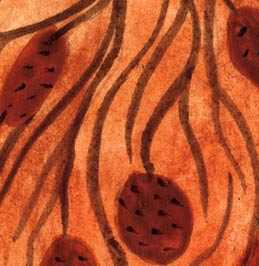
GCP's iconic logo explained, plus the full collection of our distinctive artwork... |

Review the application details for vacancies at GCP... |




